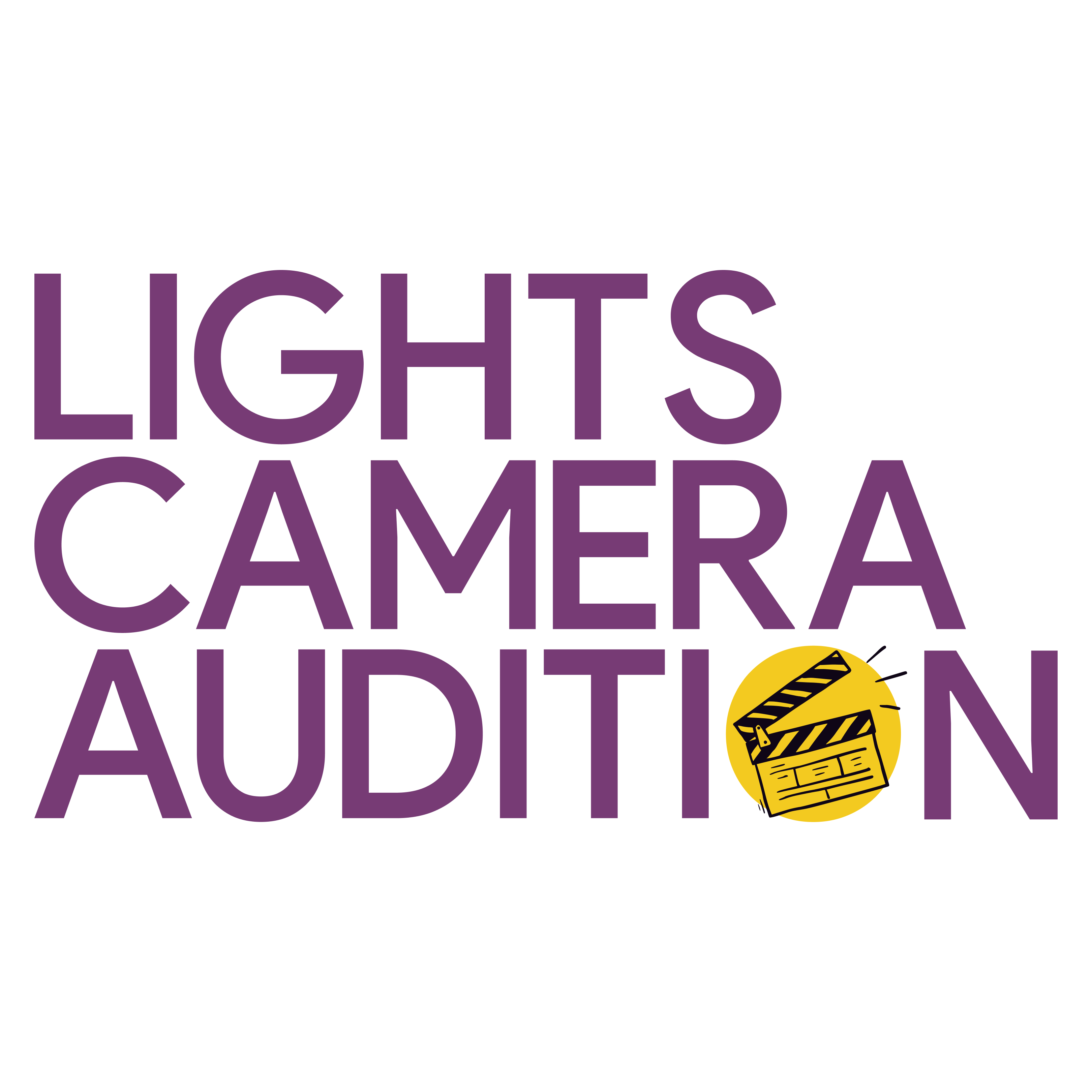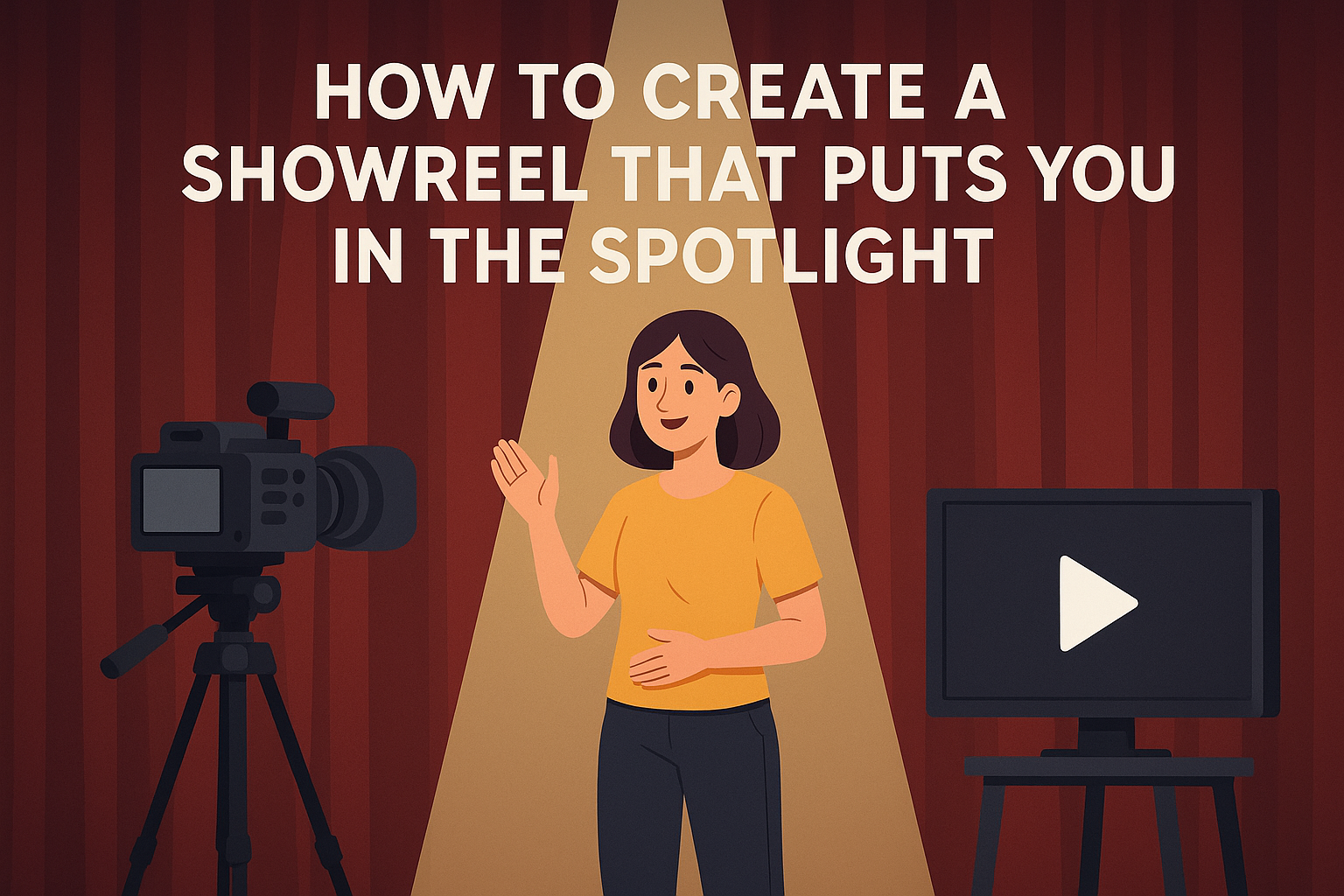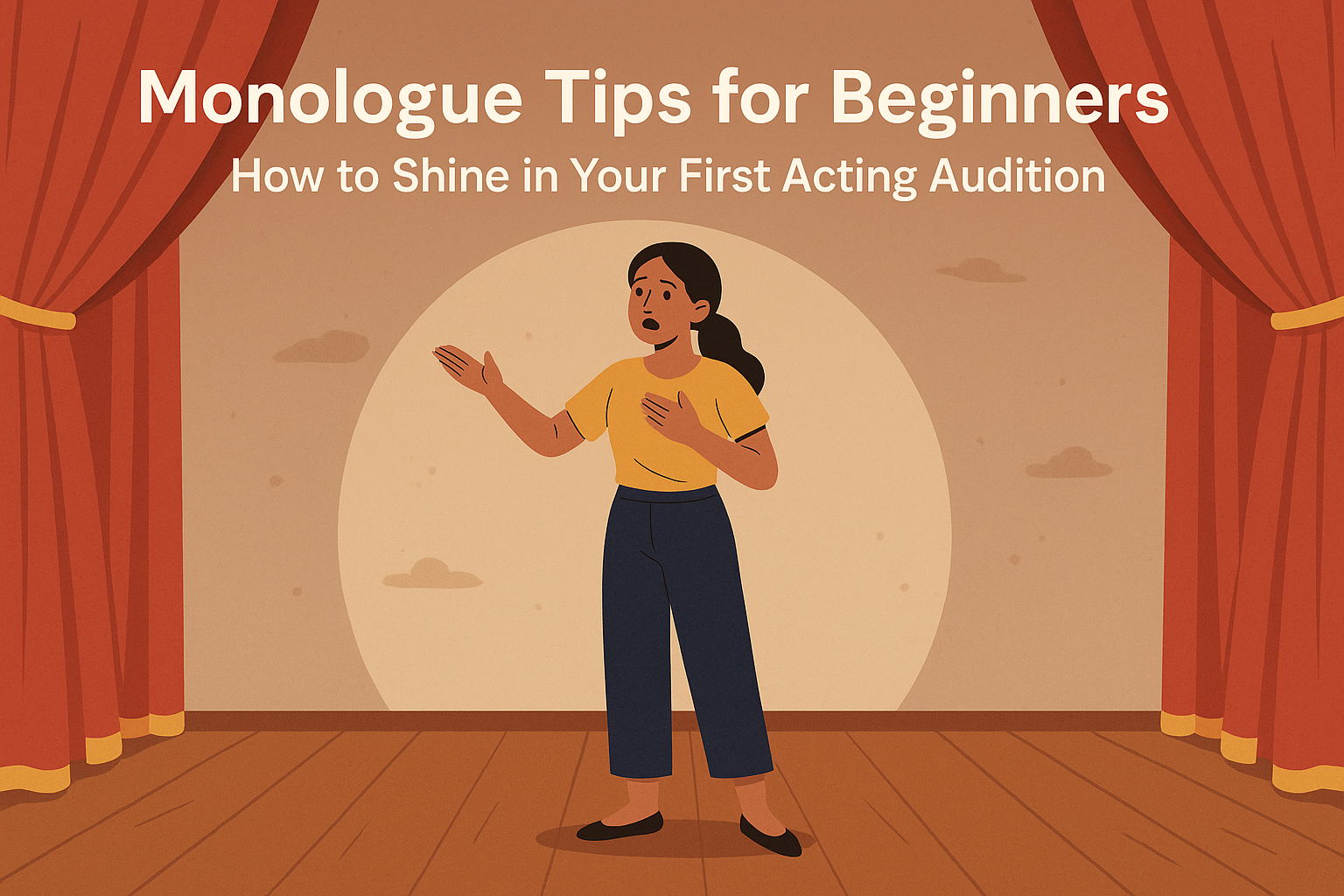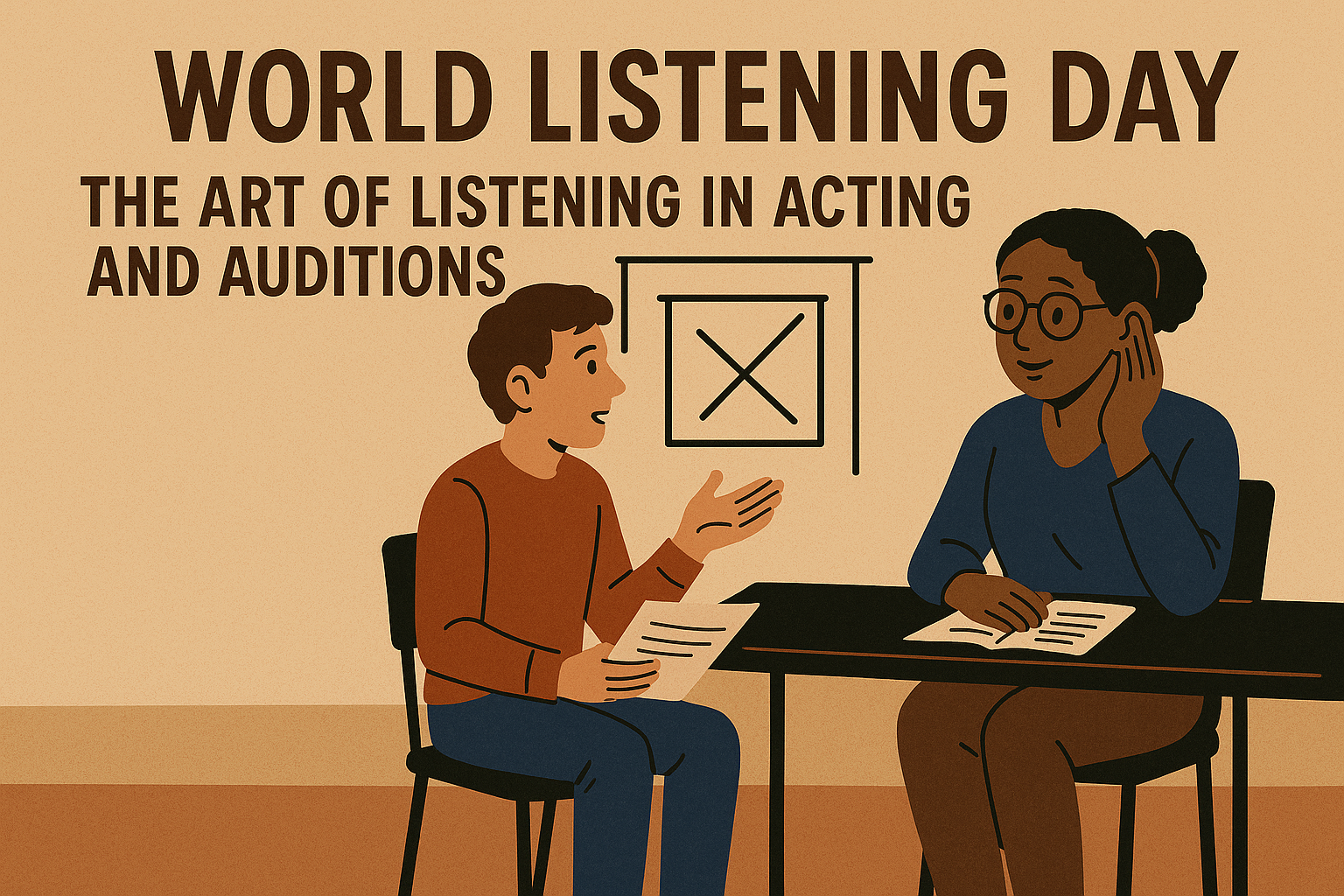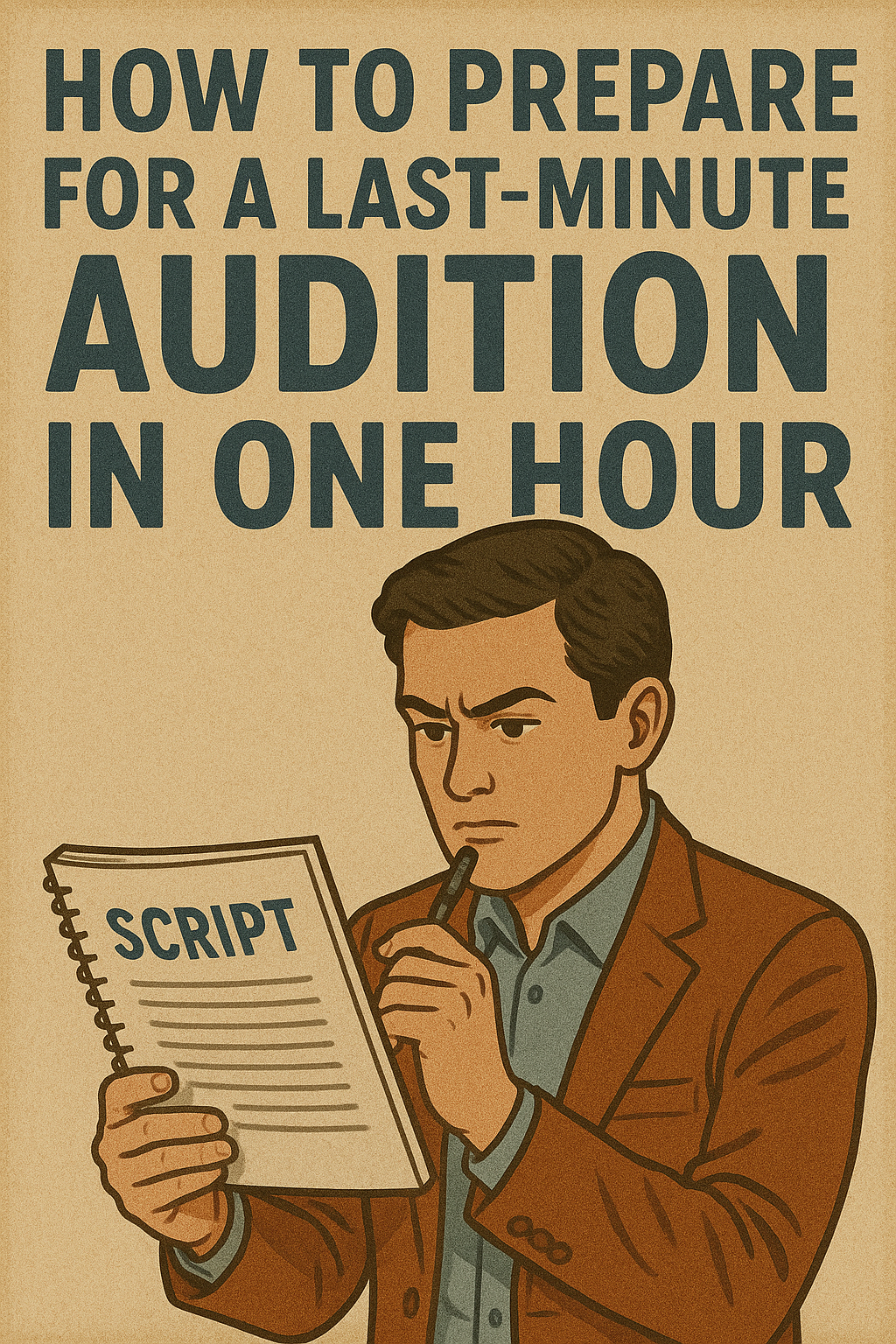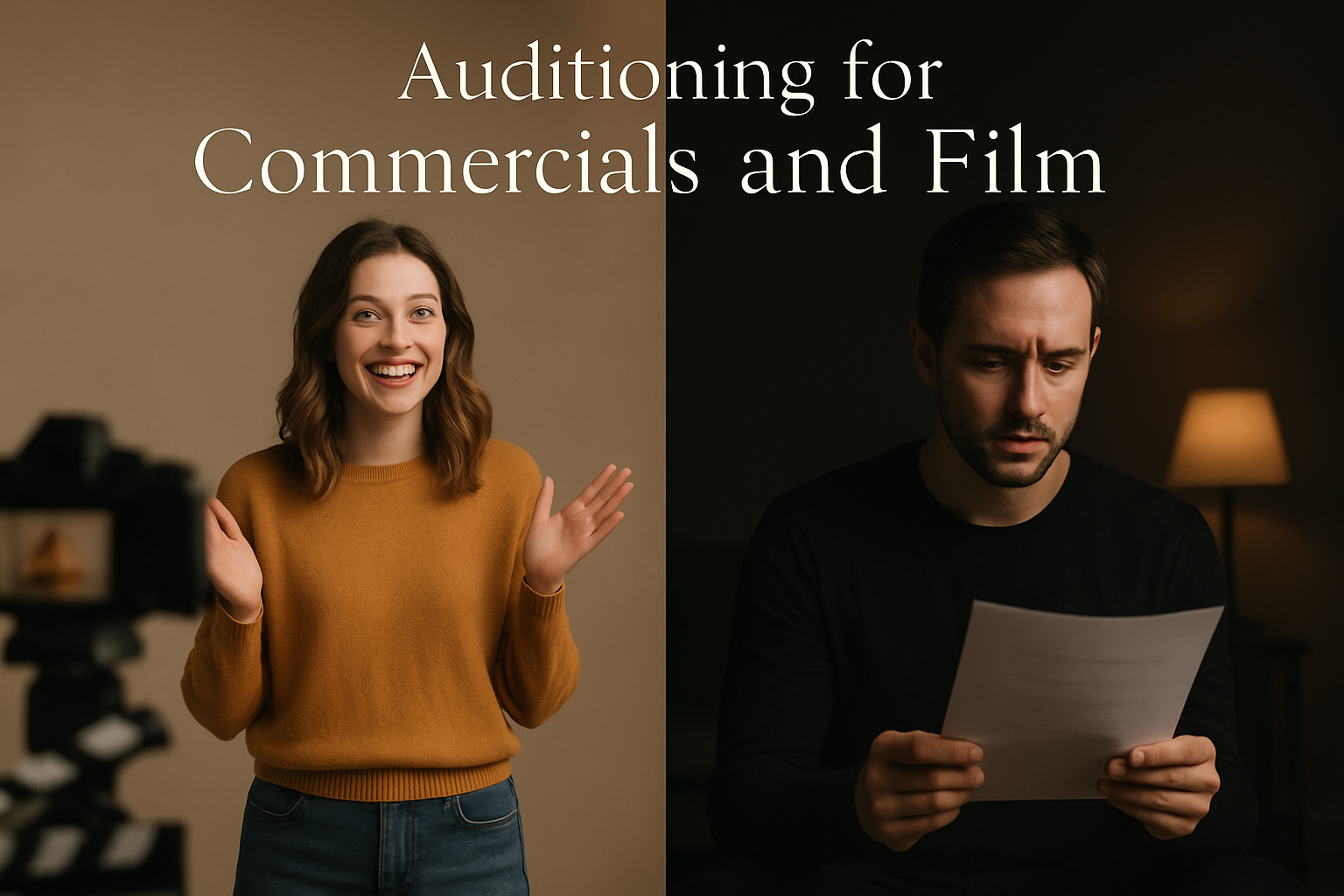
Auditioning is the door into acting, be it entering the high-energy arena of advertising or the emotionally rich universe of film. But even though the essentials of acting—presence, expression, timing—never change, expectations and procedures vary immensely between commercial and film auditions. Knowing these essential variations can assist actors in preparing more effectively and adjusting their performances for each arena.
1. Purpose of the Performance
Commercials:
Commercial auditions are more about selling a product or concept. Usually, the aim is to be likable, energetic, and sincere in a 15- to 60-second commercial. You're not acting out a character with huge emotional depth—you're embodying a notion such as "friendly barista," "worried mom," or "confident teenager." The emotional depth is more limited but has to be right there, believable at an instant's notice.
Films:
Auditions in films emphasize character development and storytelling. You're going to dig into the psyche of a character, know their reasons, and produce emotionally rich performances. The subtlety and consistency of your character throughout the span of a script matter the most. Here, you're not selling anything, but narrating a human experience.
2. Acting Style and Subtlety
Commercials:
Commercials tend to prefer a more-than-life, more animated kind of performing—particularly for products that are specifically toys, food, or technology. The acting is typically heightened, abbreviated, and understandable. Casting directors in most cases prefer someone who can convey an entire emotional arc using a smile or one glance within several seconds.
Conversely, acting in films is internal and subtle. The camera detects even the slightest changes in facial expressions. There is no exaggeration of reactions unless required by the script. Film directors require truth in every scene, sometimes even preferring actors who can "do less" but project strong emotion.
3. Preparation and Script Use
Commercials:
Scripts, commonly referred to as "copy," tend to be brief. Sometimes you're given some lines—or none. Actually, a lot of commercial auditions are non-verbal and are all about facial expressions and body gestures. Since the time is short, preparation is more about memorizing short lines and getting a certain mood or action down in a flash.
Films:
Auditions for films usually consist of reading or performing a scene (sides) from the script. This can be high-level preparation: learning about the background of the character, reading the entire script if possible, and even rehearsing with a coach at times. Improvisation can be applied, but always in context to character and story.
4. Casting Criteria
Commercials
Casting for commercials tends to be strongly look- and type-oriented. They might be seeking "a young dad with a warm smile," or "a trendy woman in her 30s." Energy and personality are as crucial as acting talent. Commercials tend to cast quickly and frequently from a large pool.
Films:
Film casting leans more toward talent and fit for the role’s emotional journey. Physical appearance matters, but it’s more about how well you inhabit the character. Directors may take longer to decide, sometimes auditioning actors multiple times or using callbacks and chemistry reads.
5. Technical Aspects
Commercials:
Commercials auditions will sometimes include "slating" (repeating your name, height, agency) and then going into the copy. You may also be asked to do various takes of the same line to demonstrate range, and sometimes you'll audition straight to camera with minimal or no interaction.
Movies:
In film auditions, you’re often reading with a casting assistant or actor and may be directed to play the scene differently depending on the director’s vision. Emotional preparation is vital. Some film auditions are self-taped, but even then, attention to lighting, framing, and authenticity is crucial.
6. Pace and Pressure
Commercials:
Brisk and competitive, business auditions are usually held consecutively, sometimes with dozens of candidates auditioning in one day. Choices are made promptly—sometimes within days or hours.
Films:
The casting of films may be slow and methodical. There can be several rounds, such as callbacks and screen tests. Consistency and patience are important.
Conclusion
Commercial and film auditions call for all that professionalism, flexibility, and sense of presence, but having an idea of what casting directors are seeking in each genre will enable you to craft your performance and differentiate yourself. Selling soap or embracing an intricate character study, preparation is your trump card. Familiarity with these crucial distinctions can revamp your strategy and lead you to more doors opening in both fields of acting.
In the entertainment and creative sectors—whether you're an actor, model, filmmaker, dancer, or content creator—a properly edited showreel can be your passport to scoring thrilling projects. It's your showreel visual resume. In contrast to your written CV, your showreel instantly displays casting directors, producers, or clients what you can do within 1–2 minutes.
Getting into the profession of acting can be a heady and even frightening experience — particularly if you're being asked to do a monologue for the first time. Whether you are auditioning for school play, community theatre, or a drama school, your monologue is your opportunity to introduce casting directors to who you are and what you have to offer on stage.
Every year on July 18, the world comes together to celebrate World Listening Day, a global initiative that encourages people to pay attention to the sounds around them—natural, urban, emotional, and human. It was launched by the World Listening Project in honor of composer and environmentalist R. Murray Schafer, whose pioneering work in acoustic ecology emphasized how deeply sound shapes our lives. While this day often highlights environmental awareness and soundscapes, it’s also a timely reminder of the vital, often overlooked skill of active listening—especially in the world of acting and auditions. In acting, listening is everything.
Got an unexpected audition? Don’t panic—prepping in under an hour is doable with focus and strategy. Here’s how to make the most of your time.
Lights Camera Audition!
Don't miss out on the latest updates, audition calls, and exclusive tips to elevate your talent. Subscribe to our newsletter and stay inspired on your journey to success!
